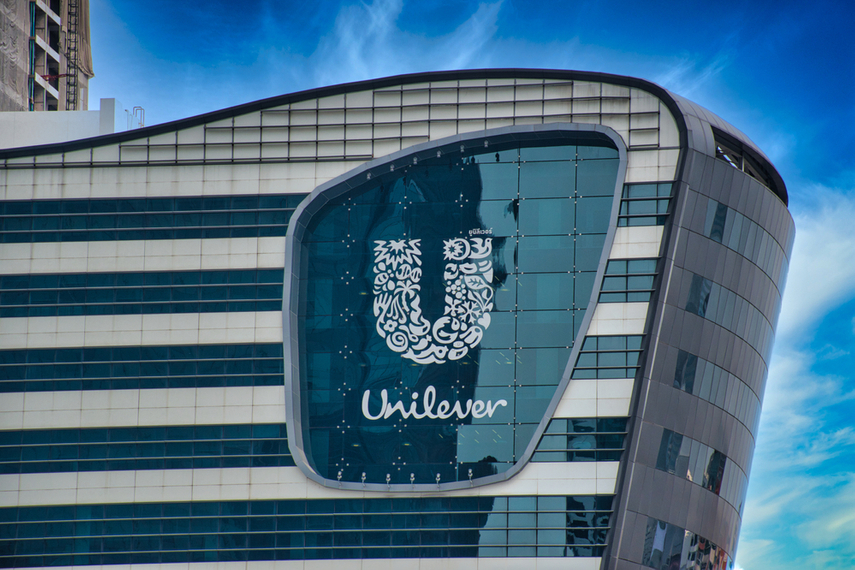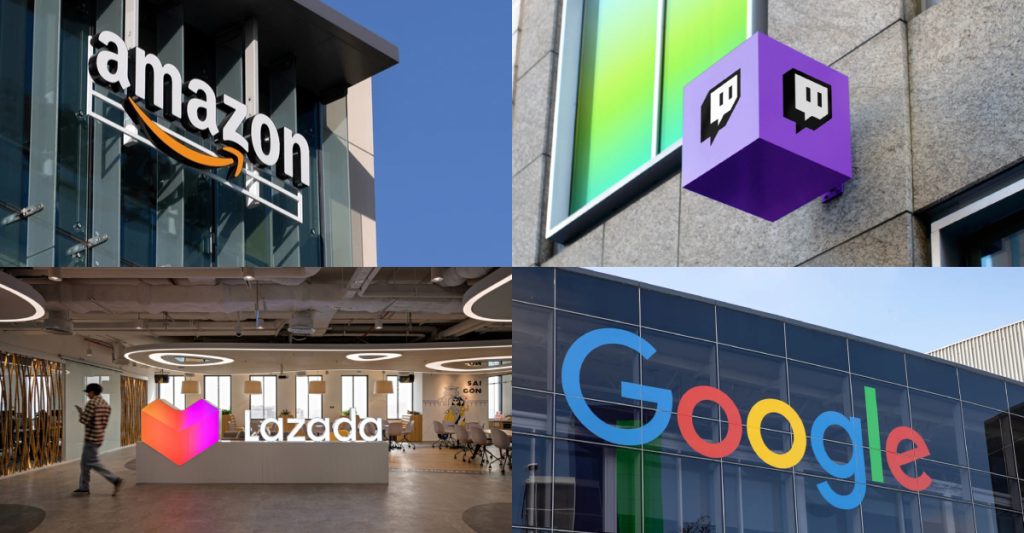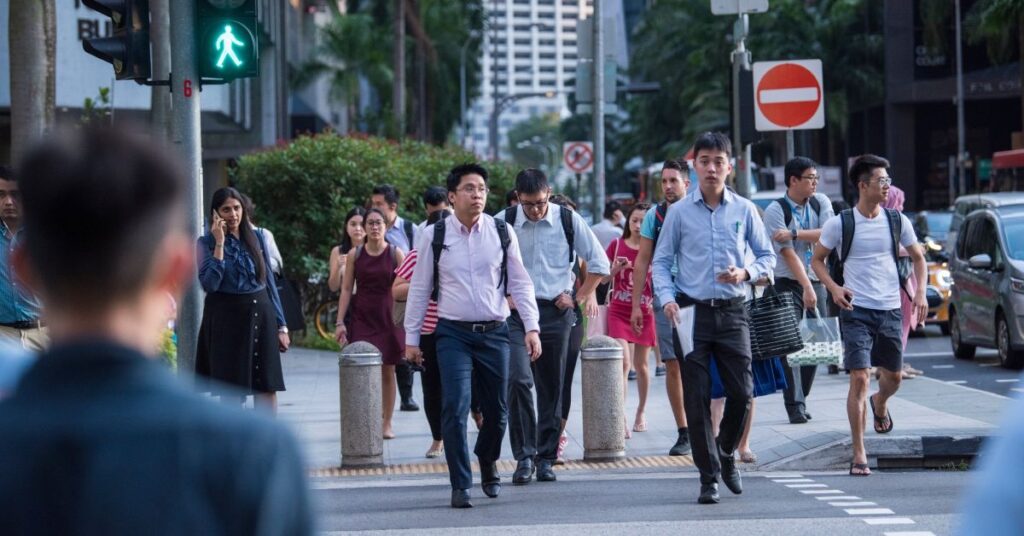Just when the worst seemed to be over, the doom and gloom from the past two years followed us into 2024, with companies such as Google and Amazon laying off hundreds of employees.
In the tech industry itself, over 10,000 employees have been retrenched from 63 companies this year, excluding FMCG giants like Unilever. Here is a comprehensive list of the significant layoffs reverberating through Singapore’s workforce this year.
1. Lazada

At the start of the year, Lazada axed at least 100 of its staff in Singapore across various departments, including its logistics team. Some departments even had a majority of their headcount retrenched, with one having its manpower reduced from 20 to 30 people to four or five remaining employees.
An undisclosed number of employees have also been retrenched from its regional offices in countries including Malaysia, Indonesia and Vietnam. According to sources close to the matter, the e-commerce giant is expected to let go up to 30 per cent of its total headcount of 8,000 to 10,000 staff.
This round of layoffs came unexpectedly for those who have been retrenched, with some citing the company’s lack of transparency causing large amounts of anxiety and uncertainty among current employees.
Following reports of the layoff, the National Trades Union Congress (NTUC) in Singapore issued a statement expressing “deep disappointment” about Lazada’s retrenchment exercise, which was carried out without prior consultation with the Food, Drinks and Allied Workers Union (FDAWU) despite the fact that the Singapore-headquartered firm is unionised under FDAWU.
The FDAWU is currently negotiating with Lazada for better benefits for its laid-off employees, who were told that they would only receive two weeks’ salary for every year of service. The retrenched staff are also bound by a 12-month non-compete clause covering an extensive list of tech, retail and logistics companies, including Grab, TikTok and Amazon.
2. Google and YouTube

On January 11, Google eliminated over 1,000 of its staff in its Voice Assistant units, hardware teams responsible for Pixel, Nest and Fitbit, advertising sales team, as well as its augmented reality team. The company also confirmed that Fitbit co-founders James Park and Eric Friedman were leaving the organisation.
A week after the news broke, Google reportedly cut another 100 jobs from its video platform, YouTube. Following the. announcements of the layoffs, the tech giant’s CEO, Sundar Pichai, told his employees to expect more job cuts this year in an internal memo seen by The Verge on January 17.
According to Pichai, the latest round of layoffs focused on “removing layers to simplify execution and drive velocity in some areas.” The company is looking towards “responsibly investing in its biggest priorities and the significant opportunities ahead. “
However, the CEO adds that these role eliminations will not be at the scale of its previous layoffs, where Google eliminated over 12,000 roles, or about 6 per cent of its workforce, at the beginning of 2023, including 190 employees from the Singapore office.
It’s unclear how many staff from its Singapore office were affected by the recent round of layoffs; however, the National Trades Union Congress (NTUC) has contacted Google to offer aid to the affected employees, including placement and networking support.
3. Amazon and Twitch

American tech giant Amazon announced on January 10 that it would be laying off several hundred employees across its streaming and studio operations.
According to an email sent by Mike Hopkins, the Senior Vice President at Prime Video and Amazon MGM Studios, the layoffs come as the e-commerce giant looks to “increase investment and focus on content and product initiatives that deliver the most impact” for the business’s long-term success.
As part of its strategy, Prime Video is also revamping its content strategy in Southeast Asia from a model based on original productions to one focused on licensing.
In an internal note seen by Variety, the company will reportedly decrease its investments in the region, and move towards to a leaner local operating model to support Southeast Asian territories. As a result of these changes, the e-commerce giant has eliminated “some roles” within its Singapore-based Southeast Asian team.
Amazon’s announcement of the layoffs came the same day as the live-streaming platform and the subsidiary of the e-commerce giant, Twitch, disclosed that it would lay off about 35 per cent of its workforce, or about 500 employees, across various locations, including Singapore.
Twitch, acquired by Amazon in 2014 for nearly US$1 billion, has failed to turn profitable since then and will shutter its South Korea operations in February due to high operating costs and network fees.
Twitch previously laid off more than 400 employees in March 2023, just after its longtime CEO Emmett Shear departed the company after 16 years. Meanwhile, Amazon laid off more than 27,000 employees in 2023, including its Prime Video and Amazon MGM Studios employees.
4. Riot Games

Tencent Holdings’ Riot Games announced on January 22 that it would be laying off 530 employees, or about 11 per cent of its staff globally, with its teams outside of core development seeing the largest impact.
In a blog post that included a letter to employees from CEO Dylan Jadeja, the League of Legends producer acknowledged that it “had made a number of big bets across the company” since 2019, causing its costs to “grow to the point where they are unsustainable”.
Over the last several years, the company has brought in new talent, expanded its global footprint, and changed its operating model to match its ambitions, which ultimately more than doubled its headcount.
Riot Games’ office in Singapore doubles down as its Asia-Pacific Headquarters, and is one of its largest offices in the world, employing over 180 staff. It is unclear how many Singapore employees have been affected by the layoff.
Tencent Holdings first bought a majority stake in Riot Games in February 2011, and fully acquired the video games firm by purchasing the remaining equity in 2015.
5. Unilever

On January 18, Campaign revealed that Unilever would carry out a slew of layoffs and role reorganisations across its teams in Singapore. The FMCG giant first announced the layoffs to affected staff in December 2023 to allow provide them with “adequate notice and transparency”.
The retrenchment and restructuring exercises will be “wide-reaching”, with the marketing teams in its personal care brands, including Dove, Lux and Lifeboy, seeing the largest impact.
According to Unilever, it will relocate some of its personal care roles which are currently based in Singapore to its lead markets in Asia. Several roles will remain in Singapore, however, some roles will no longer be required. The company declined to disclose the number of impacted staff.
In October 2023, the new CEO of Unilever, Hein Schumacher, who was appointed back in June, laid out a new strategy to streamline its operations and achieve higher growth as the company had underperformed in recent years.
Following the announcement, Unilever revealed in November that it would retrench 169 employees at its New York warehouses, effective April 2024, as part of the company’s restructuring in its beauty and personal care product manufacturing.
Prior to the recent slew of layoffs, the FMCG giant cut about 1,500 management jobs globally in 2022 as it looked to boost its growth after a failed acquisition attempt. Unilever’s rejected proposal to acquire consumer healthcare business GSK for US$67 billion was widely criticised by investors as being a costly and risky distraction from dealing with pressing challenges to the business, such as inflation in emerging markets and weakness in healthy foods.
Featured Image Credit: Getty/ Twitch/ Office Snapshots










